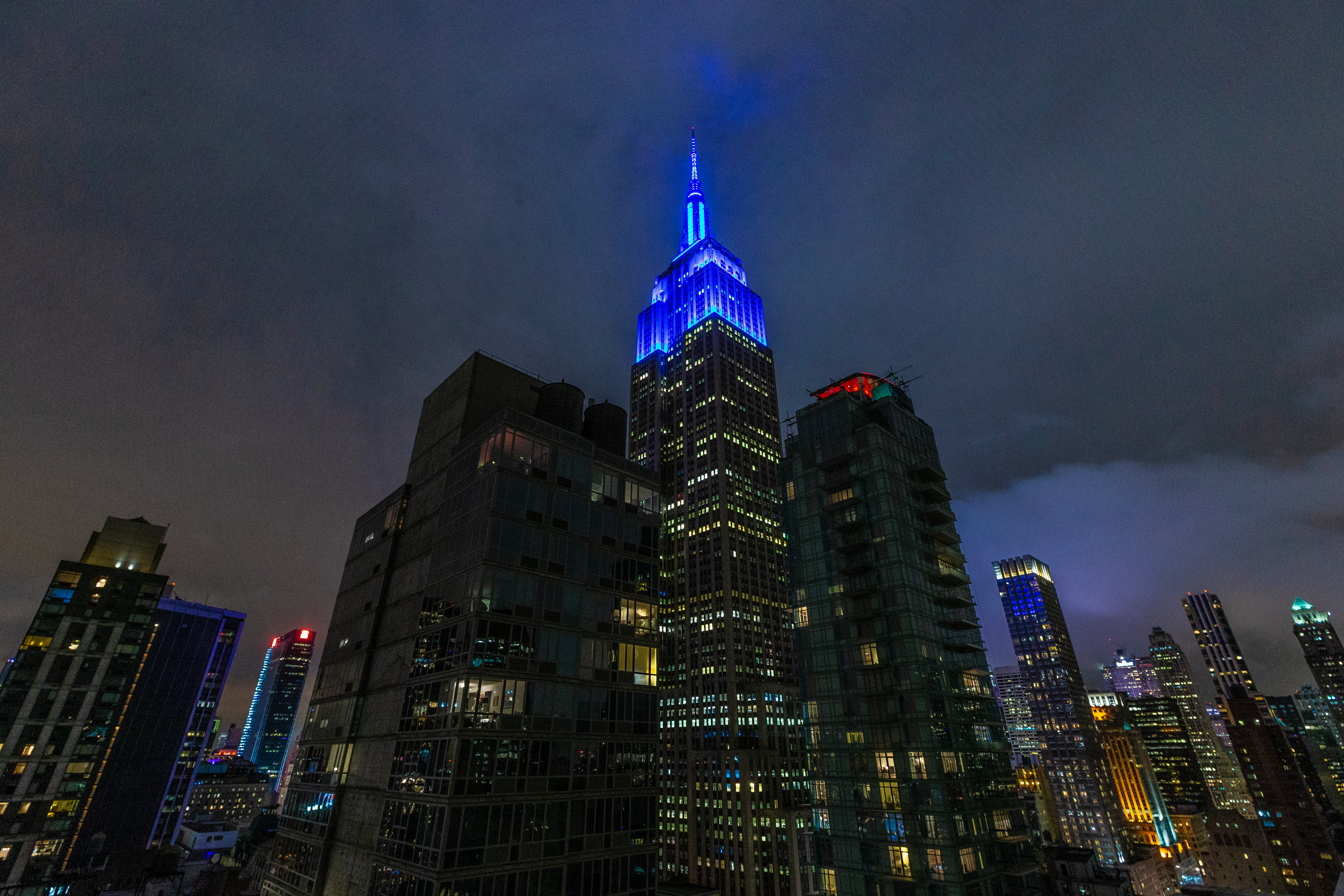 For a decade, the main questions about 9/11 have gone unanswered while the alleged perpetrators who survived the attacks have never been publicly cross-examined as to their methods and motives.
For a decade, the main questions about 9/11 have gone unanswered while the alleged perpetrators who survived the attacks have never been publicly cross-examined as to their methods and motives.
It is not conspiratorial but rather obviously plausible to suggest that they have been kept out of sight because legal due process, constitutionally guaranteed to even the most heinous of criminals, might provide information that our government would find embarrassing.
We remain in ignorance as to what drove religious zealots formerly allied with the United States to turn against us, and what was the role of our ally, Saudi Arabia, the country of origin for most of the hijackers and their financing. Why in the aftermath of the attack did the United States embrace Pakistan, which was one of only three governments (Saudi Arabia and the United Arab Emirates were the others) to diplomatically recognize the Taliban and which turned out to be harboring the fugitive Osama bin Laden? And why did we instead invade Iraq, a nation known to be engaged in a deadly war with bin Laden and his al-Qaida?
How little we know about the origins of the Sept. 11 attacks is laid out in the disclaimer on Page 146 of the official 9/11 presidential commission report. A box on that page states clearly that the conventional narrative of how those portentous events unfolded is based largely on the interrogation under torture of key witnesses who have never been permitted a single moment in a publicly observed court of law.
As the bipartisan commissioners ruefully conceded, their examination of the motives, financing and actions of the alleged 9/11 perpetrators had to “rely heavily on information from captured al Qaeda members” that the commissioners, despite having been granted the highest security clearance, were never allowed to seriously vet:





 Warner Bros Discovery is poised to tell shareholders to reject Paramount’s $108bn (£81bn) hostile bid, according...
Warner Bros Discovery is poised to tell shareholders to reject Paramount’s $108bn (£81bn) hostile bid, according... Twenty-four years after Sept. 11, 2001, Americans remember the nearly 3,000 lives in the terror attacks...
Twenty-four years after Sept. 11, 2001, Americans remember the nearly 3,000 lives in the terror attacks...






























